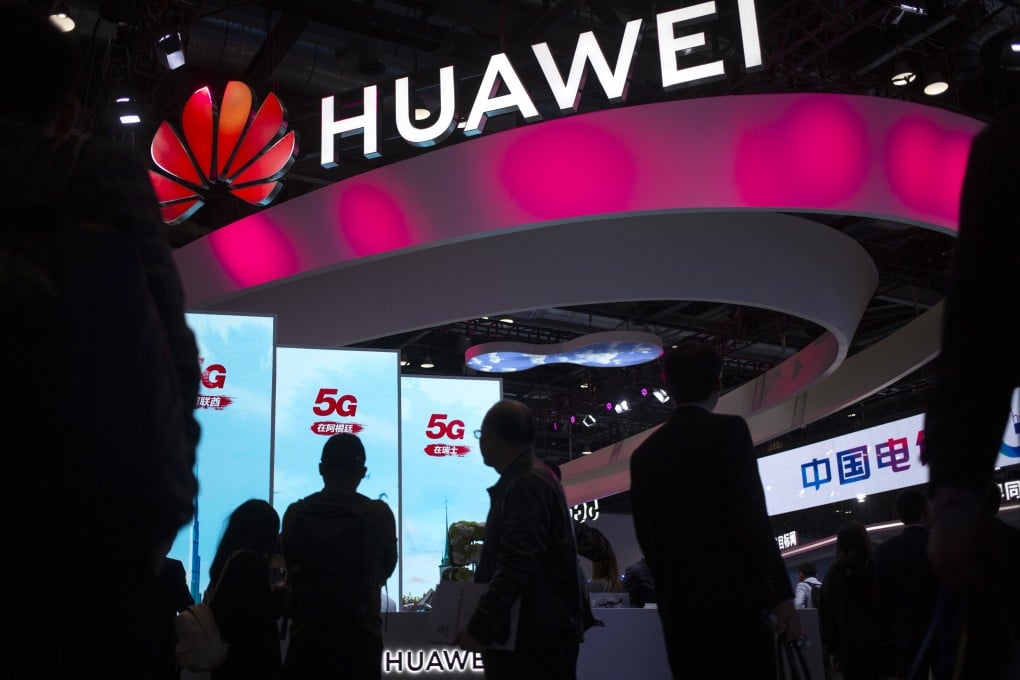The unintended consequence of US campaign against Huawei could be a global split in technology standards
- The world could be set for a return to the 1980s when various regions used different telecommunications standards

The major unintended consequence, however, of the US action against China’s biggest technology company is that the world could be barrelling closer to a geographic split in hi-tech development and innovation, according to Paul Haswell, a partner who advises technology companies at international law firm Pinsent Masons. He said: “It’s like we’re heading back to the 80s, when North America supported a mobile communications system different from Europe’s, and Japan also ran its own wireless system.”
“The tech industry has been a major factor in expanding globalisation over the past decade, as innovation yielded global standards – such as those for the internet and advanced mobile networks – that have been widely adopted,” Haswell said. “My concern is that as US and Chinese tech development diverges, then so could trust in each country’s tech companies and innovations. That would be bad news for consumers around the world.”
